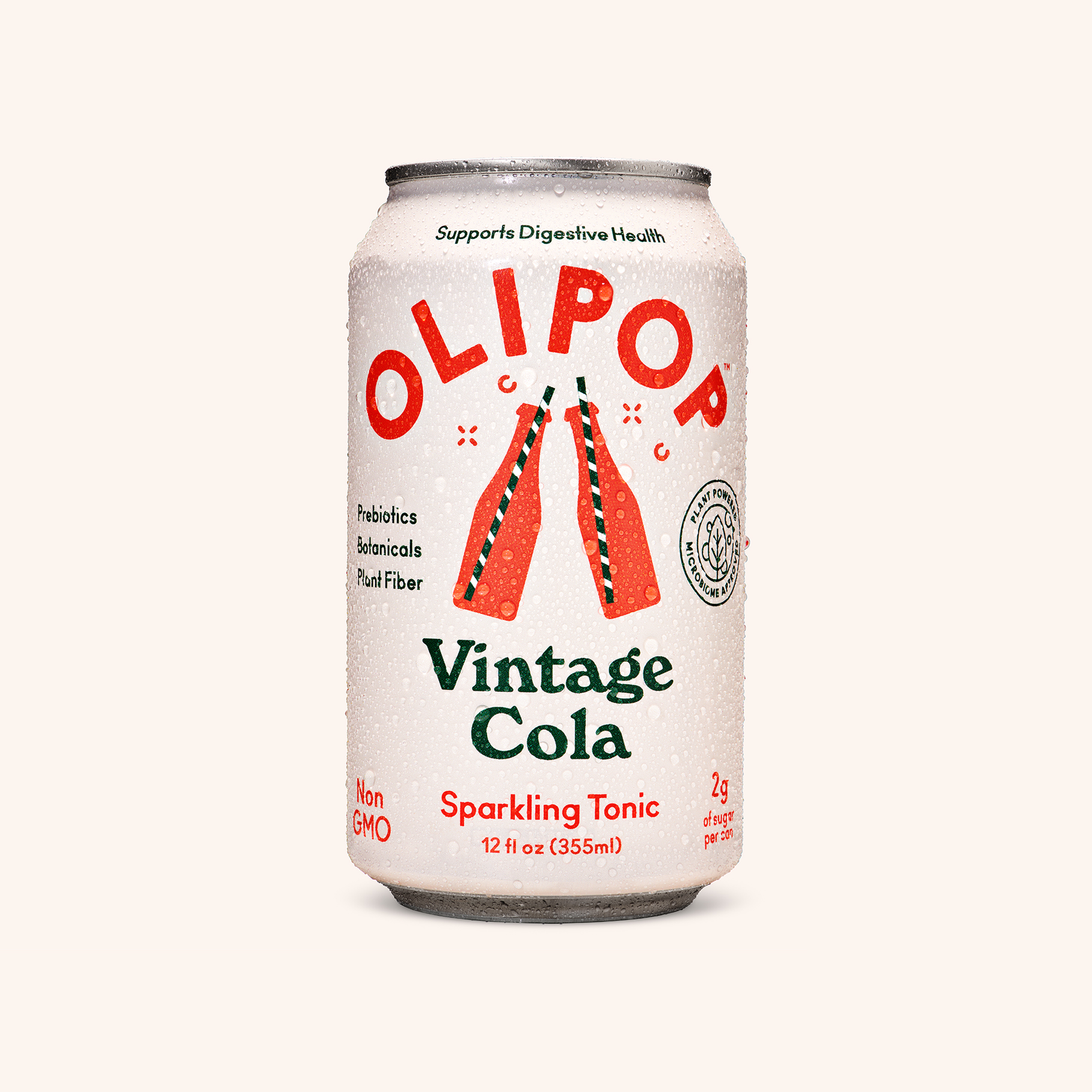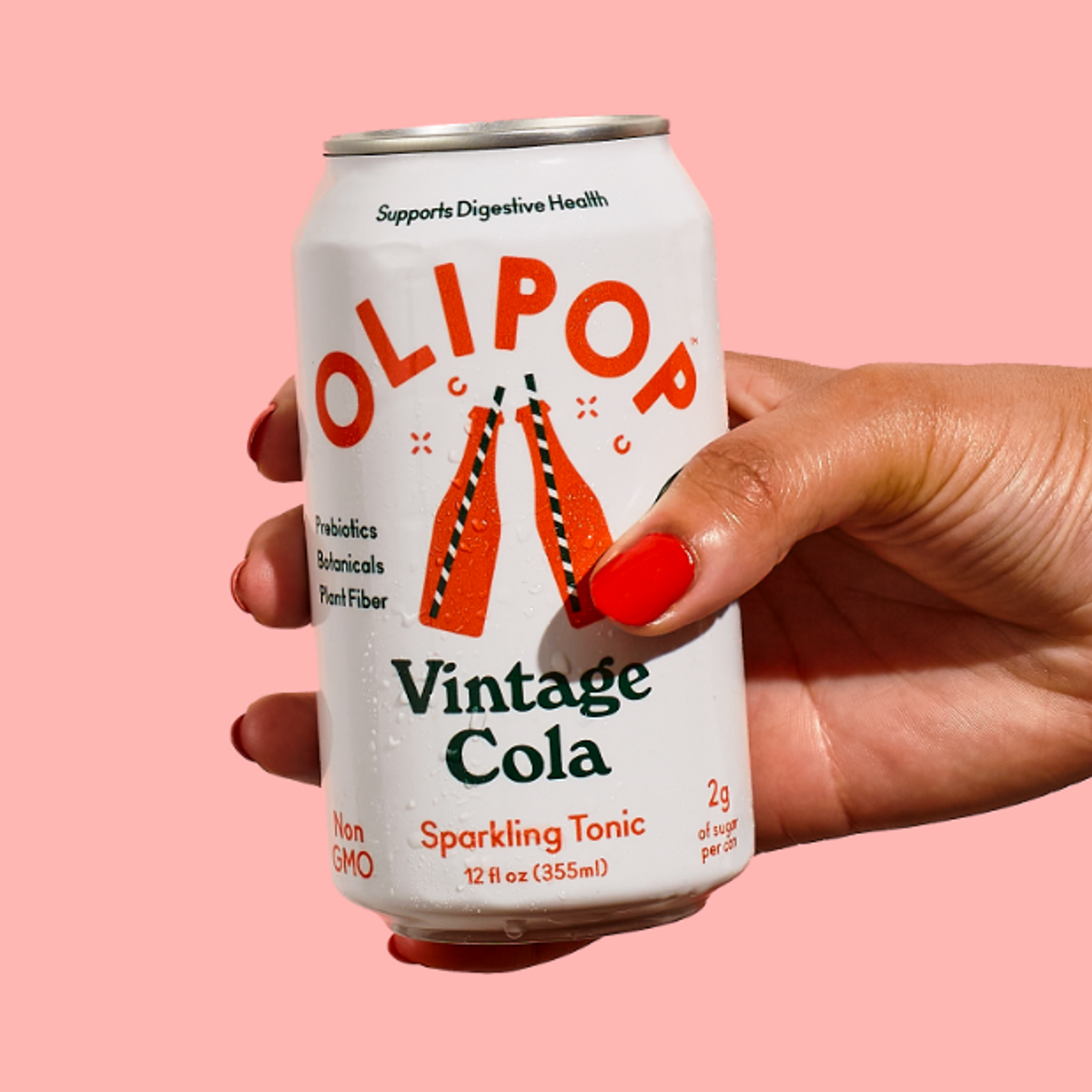Olipop Soda Lawsuit: The Battle For Transparency In The Health-Conscious Beverage Industry
There’s a brewing storm in the health-conscious beverage world, one that has captured the attention of consumers, industry experts, and legal professionals alike. Olipop soda, once celebrated as a revolutionary alternative to traditional sugary drinks, now finds itself at the center of a contentious legal drama. As the case unfolds, it reveals deeper questions about trust, transparency, and the marketing practices within the food and beverage sector. This lawsuit is not just about Olipop; it reflects a broader trend in how health claims are scrutinized and regulated in an increasingly health-conscious society.
Olipop soda has been marketed as a guilt-free indulgence, offering all the fizz without the sugar-laden drawbacks of conventional sodas. Its promise of prebiotic-rich formulations, lower sugar content, and digestive health benefits quickly made it a darling of health enthusiasts. However, recent allegations suggest that these claims may not be entirely accurate. The lawsuit, which accuses Olipop of misleading consumers through exaggerated health benefits, has ignited a heated debate about the responsibility of companies to provide truthful information about their products. This controversy extends beyond Olipop, raising critical questions about the integrity of marketing claims in the food industry.
| Personal Information | Details |
|---|---|
| Name | Olipop Inc. |
| Founded | 2018 |
| Headquarters | San Francisco, California |
| Key Figures | Co-Founders: Ben Goodwin, George Parrott |
| Website | https://www.olipop.com |
| Industry | Functional Beverages |
| Notable Products | Olipop sodas with prebiotics |
| Claims | Low sugar, gut health support |
The rise of Olipop mirrors a broader trend in the beverage market, where consumers are increasingly seeking products that align with their health and wellness goals. In a world where brands like Coca-Cola and PepsiCo dominate, Olipop carved out a niche by appealing to those looking for alternatives to high-calorie, high-sugar drinks. However, this popularity also brought increased scrutiny. As the company’s sales skyrocketed, so did the expectations of its customers. When these expectations were not met, the stage was set for legal action. The lawsuit, filed by a group of disgruntled consumers, accuses Olipop of false advertising and misrepresentation of its health benefits.
The lawsuit raises significant questions about the standards that govern health claims in the food and beverage industry. In today’s market, where terms like "natural," "organic," and "prebiotic" are frequently used to attract health-conscious buyers, companies must ensure that their claims are substantiated by scientific evidence. Olipop’s marketing emphasized its prebiotic content and its purported ability to support gut health. However, critics argue that the levels of prebiotics in Olipop’s drinks may not be sufficient to produce the advertised benefits. Similarly, the sugar content, while lower than traditional sodas, is still higher than what many consumers anticipated from a "healthy" beverage.
The implications of this lawsuit extend far beyond Olipop. It highlights a growing concern among consumers about the accuracy of health claims made by food and beverage companies. In an era where misinformation can spread rapidly, the onus is on manufacturers to provide clear, honest, and scientifically-backed information about their products. This case also underscores the importance of regulatory oversight to ensure that companies adhere to strict standards when making health-related claims.
As the legal proceedings progress, several potential outcomes could shape the future of Olipop and the broader industry. One possibility is that Olipop may choose to settle out of court, agreeing to modify its marketing practices to better align with consumer expectations. Another scenario involves the company losing the case, which could lead to stricter regulations on health claims across the board. Alternatively, if Olipop emerges victorious, it could set a precedent for how health claims are evaluated and enforced in the food and beverage sector.
- Exploring The Life Of Samuel Jason Black The Son Of Jack Black
- Discover The Thrills Of Sunset Station Casino In Henderson Nevada
For consumers, this lawsuit serves as a reminder of the importance of critical thinking when evaluating product claims. It is essential to read labels carefully and not rely solely on marketing buzzwords. Independent research and expert opinions can provide valuable insights into the validity of health claims. Furthermore, staying informed about legal developments in this area can empower consumers to make more educated purchasing decisions.
The broader impact of this lawsuit extends to the entire functional beverage market, which is projected to reach $100 billion by 2025. As health-conscious consumers continue to drive demand for products that align with their wellness goals, companies must navigate the delicate balance between innovation and transparency. The success or failure of Olipop in this legal battle could influence how other brands approach their marketing strategies and the claims they make about their products.
Industry experts and observers have drawn parallels between the Olipop saga and other high-profile cases involving misleading health claims. For instance, the lawsuit against KIND bars in 2015, where the company was accused of falsely labeling its products as "healthy," resulted in changes to FDA guidelines for nutrient content claims. Similarly, the controversy surrounding kombucha brands in the early 2010s led to increased scrutiny of alcohol content in fermented beverages. These cases underscore the evolving nature of consumer expectations and the regulatory frameworks that govern them.
The connection between Olipop and other prominent brands in the health and wellness space highlights a common thread: the challenge of balancing authenticity with market demand. Celebrities and influencers, who often endorse such products, also play a role in shaping consumer perceptions. For example, Gwyneth Paltrow’s Goop brand faced criticism for making unsubstantiated health claims, prompting a reevaluation of how such endorsements are regulated. The Olipop lawsuit adds another layer to this complex landscape, emphasizing the need for transparency and accountability in the health-conscious beverage market.
Data and statistics provide further context to this discussion. A recent survey revealed that 70% of consumers prioritize health when choosing beverages, underscoring the significance of accurate health claims in product marketing. Additionally, the rise in false advertising lawsuits, which have increased by 25% in the past year, reflects growing consumer awareness and willingness to challenge misleading practices. These trends suggest that companies must adapt to meet the evolving demands of an informed and discerning audience.
The potential outcomes of the Olipop lawsuit could set a precedent for the future of health claims in the food and beverage industry. If the court rules in favor of the consumers, it could lead to stricter regulations and more rigorous testing of product claims. On the other hand, a victory for Olipop might encourage companies to continue pushing the boundaries of what constitutes acceptable marketing practices. Regardless of the outcome, the case underscores the importance of transparency and trust in building long-term consumer relationships.
In conclusion, the Olipop soda lawsuit represents more than just a legal dispute; it is a microcosm of the larger challenges facing the health-conscious beverage industry. As consumers become more informed and discerning, companies must rise to meet their expectations by providing clear, accurate, and scientifically-supported information about their products. This case serves as a wake-up call for the industry, emphasizing the need for transparency, accountability, and responsible marketing practices. Whether Olipop emerges triumphant or faces significant changes, the lessons learned from this case will undoubtedly shape the future of health-conscious beverages for years to come.
- Aurora Public Schools A Pillar Of Educational Excellence
- Explore The Profound Insights Of Jordan Petersons Books

We built Olipop A 20 million a month soda company in 5 years

OLIPOP Vintage Cola » Whalebone

We Did A OLIPOP Soda vs. Regular Soda Taste Test Brit + Co